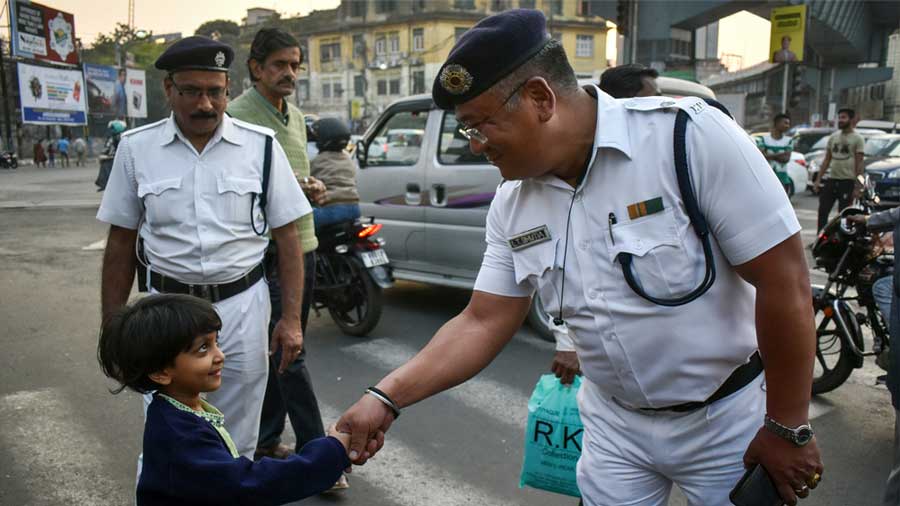Policing and punishment have, over the years, become synonymous in the public eye. In India, this connection is planted early on when errant children are threatened with the bogey of a policeman’s wrath for transgressions big and small, be it their refusal to eat greens or bunking classes. Ironically, the primary responsibility of the police is to protect, not to punish. The derivation of the word, police, from the Greek polis, meaning city, underlines the organic connection between cities and cops: as cities evolved, it enhanced their dependence on dedicated personnel tasked with the protection of citizens. Unfortunately, history has shown that the protector can also become the predator. This is especially true in a country where the police have been used as a tool by the State to oppress opponents in the guise of maintaining law and order. Unsurprisingly, in India, the police force has a markedly chequered record when it comes to committing such excesses as extracting forced confessions, disregarding prisoners’ rights or being implicated in custodial deaths. According to the National Campaign Against Torture, 76 per cent of the deaths in police custody in 2019 could be attributed to lethal coercion. Significantly, the Chief Justice of India pointed out recently that police stations pose the “highest threat” to human rights and dignity.
This is not to suggest that the police are not vulnerable to retaliation. Indeed, pop culture has emerged as a potent weapon to caricature the man in the vardi. In popular cinema, the bumbling policeman inevitably arrives on the scene after the hero has taken the law in his hands and beaten villains to pulp. Hearteningly, the importance of an image makeover seems to have dawned on the wise men in Calcutta police. Perhaps mindful of the poor public perception of the police — incompetent, authoritarian, comical — the officer-in-charge of the Burtolla police station, one of the oldest in the city, has invited the aam aadmi for a cup of coffee at the newly renovated station in the hope that renewed public interaction would address the deficit in trust. And why not? They say a lot can happen over coffee. Conversations between cop and citizen can be mutually beneficial. They can lay bare the areas that need improvement in policing. Citizens, too, can educate themselves about the formidable challenges faced by the police, ranging from paucity of personnel and funds and long work hours to political meddling.
In fact, this novel 'coffee pe charcha' ought to be looked at in terms of the police embracing the idea of community policing. Calcutta police have already launched several such welfare programmes — helping the elderly, educating citizens about online frauds, a cyber cell for women and so on; these, along with a welcome coffee break, can go a long way in building durable bonds between police and people.











